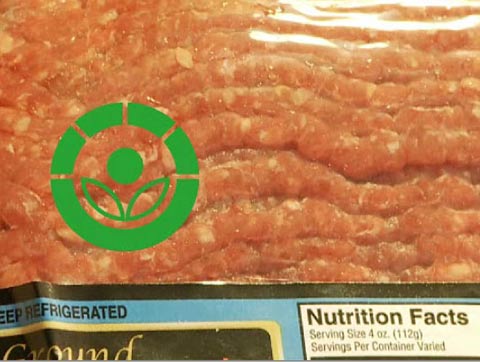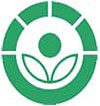Why are Foods Irradiated?
Christine Bruhn, PhD, director of the Center for Consumer Research at University of California-Davis, and a professor in the UC-Davis Department of Food Science and Safety, explains why foods are irradiated.

Q: What is food irradiation?
A: It is exposure to a carefully measured level of energy. If you expose food to a little energy – meaning an X-ray or a gamma ray – it will keep insects out of food products. If you treat it a little more, you can destroy food-borne bacteria like salmonella and E. coli. If you use even more, it will destroy any spoilage bacteria and make it shelf stable. It is worthwhile to note that health authorities such as the CDC have shown that hundreds of lives could be saved every year if only half the ground beef, poultry and processed meats were irradiated. This is a tool to help reduce food-borne illness.
Q: Is it safe to irradiate foods?
A: The U.S. Food and Drug Administration (FDA) evaluations have clearly shown there is no increased risk from irradiated foods in regards to nutrition, microbiology and chemical safety. We see people dying from food-borne illness, and we have a way to reduce these deaths through irradiation.
Q: Do grocery stores carry irradiated foods? How do you know if your food has been irradiated?
A: There are several grocery stores that do carry irradiated foods. All irradiated food is labeled with a symbol called the Radura.

Latest News

How to Achieve EPR-Forward Packaging
In this two-part series, the author explores the history of Extended Producer Responsibility (EPR), what is needed to help EPR succeed, and how brands can best prepare for EPR.

Battling Biofilms
In this column, the author describes the stages of biofilm development in food processing plants, methods of removal, and best practices for prevention.

Smart Steps to Peak Traceability
Creating an effective road map to advance your food traceability program is key to overcoming data, process, and stakeholder challenges.

Ensuring Quality and Safety in Fried Foods
In this column, the author describes basic principles for maintaining frying oil quality and safety.

Best Practices for Chemical Hazards
This column offers expert tips on best practices to help mitigate food chemical hazard risks that have made recent headlines, including PFAS, BVO, and heavy metals.
IFTNEXT

Episode 29: All About Food Safety Culture
In this podcast, we discuss food safety culture, including how food safety culture is established, measured, and how they are expected to change in light of ongoing advancements in food science and policy. Our guests include Hugo Gutierrez, Global Food Safety and Quality Officer for Kerry, and Bob Gravani, Professor Emeritus of Food Science and Director Emeritus of the National Good Agricultural Practices (GAPs) Program at Cornell University.
Episode 20: Trends and Consumer Behaviors in the time of COVID-19: Food Service
The COVID-19 pandemic continues to pull the global food system into new and uncertain territory. Much of this uncertainty stems from rapid shifts in consumer behaviors as a result of our collective 'new normal'.
